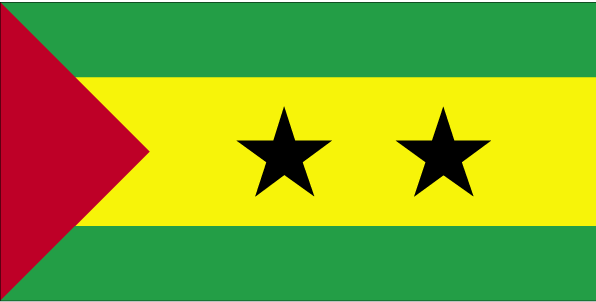United States India Germany Egypt South Korea United Kingdom Turkey Brazil Indonesia Canada France Taiwan Malaysia Pakistan Russia Italy Japan Mexico Australia Singapore Poland China Vietnam Spain Netherlands Thailand Sweden Romania Algeria Hong Kong Ireland Iraq Greece Tunisia Finland Israel Saudi Arabia Bangladesh Austria Switzerland Morocco Colombia Belgium Czech Republic Portugal Hungary Ethiopia Denmark Sri Lanka South Africa Philippines Peru Serbia Slovakia Norway Ukraine Argentina Croatia Nigeria Chile Lebanon New Zealand Ecuador United Arab Emirates Bulgaria Bosnia and Herzegovina Jordan Iran Syria Oman Lithuania Sudan Mauritius Qatar Kenya Myanmar Fiji Nepal Kazakhstan Libya Venezuela Bolivia Slovenia Cameroon Yemen Zimbabwe Ghana Belarus Albania Estonia Palestinian Territory Luxembourg Armenia Malta Senegal Cuba Puerto Rico Tanzania Cyprus Latvia Benin Uganda Paraguay Botswana Iceland Macao Uruguay Kuwait Madagascar North Macedonia Costa Rica Cambodia Uzbekistan Bahrain Georgia Azerbaijan Mongolia Moldova Trinidad and Tobago Rwanda Cote D'Ivoire Montenegro Zambia Togo Dominican Republic Panama Bhutan Brunei Darussalam Mozambique Kosovo South Sudan Kyrgyzstan Lesotho Chad Angola Honduras Papua New Guinea Timor-Leste Palau Reunion Guatemala Eritrea Saint Kitts and Nevis Niger Jersey Seychelles Maldives Democratic Republic of the Congo Malawi Eswatini Liechtenstein Curacao Sao Tome and Principe Sao Tome and Principe Flag Meaning & Details 1 VISITOR FROM HERE! Sao Tome and Principe Flag Flag Information three horizontal bands of green (top), yellow (double width), and green with two black five-pointed stars placed side by side in the center of the yellow band and a red isosceles triangle based on the hoist side green stands for the country's rich vegetation, red recalls the struggle for independence, and yellow represents cocoa, one of the country's main agricultural products the two stars symbolize the two main islands note: uses the popular Pan-African colors of Ethiopia
Learn more about Sao Tome and Principe » CIA - The World Factbook
 Previous Country Back to Flag Counter Overview
Previous Country Back to Flag Counter Overview
 Previous Country Back to Flag Counter Overview
Previous Country Back to Flag Counter Overview